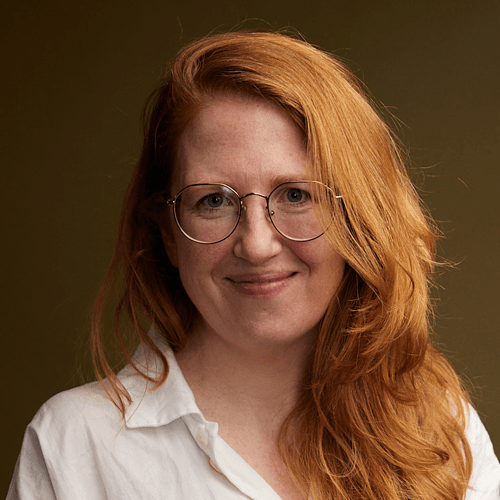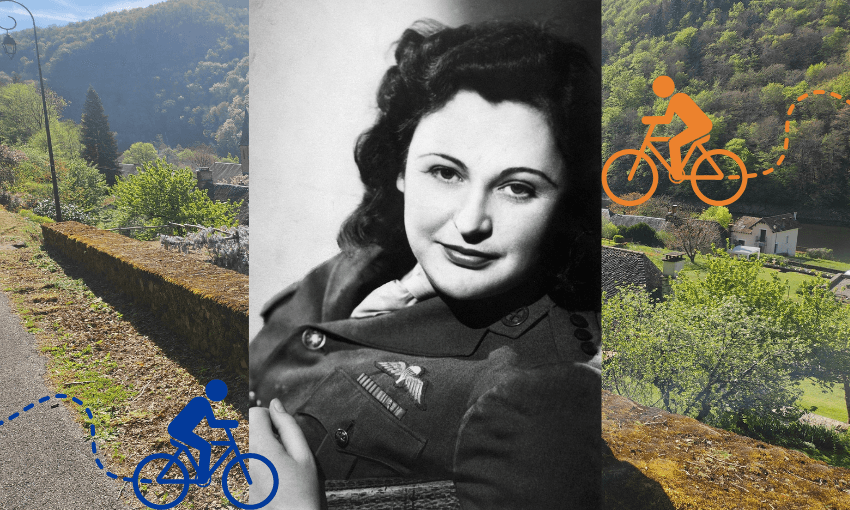Claire Mabey talks to Damien Wilkins about the drama of the night and what it means to have won.
Delirious is a profoundly moving book. It’s about an ageing couple – Pete and Mary – who are working out how to do the next and last phase of their lives. The narrative shifts between their past and present and centres around the nightmare of losing their only son, Will, when he was just a boy.
At last night’s Ockham New Zealand Book Awards Wilkins arrived to the theatre just in time to give his acceptance speech. It was a tense night, Wilkins appearing like James Bond on the stage, late yet so smooth. In this interview we discuss what the award means, and what source material he used to create the world of Delirious.
Claire Mabey: Good Morning. How are you feeling?
Damien Wilkins: Still buzzing. It’s all pretty overwhelming and strange. The amateur dramatics of it kind of overtook, I guess, the emotional impact of it in a funny way. The whole delays in the flights. The would I wouldn’t I appear. I haven’t really focused on what it all kind of means because it was all about the mechanics of getting here.
CM: It was one of the most thrilling Ockham ceremonies that I remember, and lots of people at the party afterwards said the same thing. Just to recap for the readers: your flight was delayed in Wellington. You eventually got on another Air New Zealand flight and then had to track your way through Auckland in a festival car, racing to try and get to the Aotea Centre before the night ended.
At what point did you realise that there was a particular urgency around the fact people really wanted you in the room?
DW: Probably about halfway in that car journey. When I got in the car, I thought they’re just wanting the full complement of people there. And that they were hoping to get me there in time for the reading. But then there was a funny exchange where Jillian, who was driving for the festival, was in touch with someone who said she had permission to exceed the speed limit, we’ll pay the fines. Jillian said, “Oh, my uncle’s a rally driver, so we’ll just channel him.”
She didn’t drive dangerously, but she was flashing lights to ask if she could pass them. It was like being in a weird cavalcade and at every moment there was some bizarre thing. Like getting off the plane I was at the back and they spent seven minutes trying to attach the rear door stairs. A tunnel was closed, there were roadworks. Every moment was extended. It was like being in a cosmic joke about someone who can’t get to a thing, like being in a dream.
Jillian was in constant contact with the organisers, letting them know how far away I was. Eventually we just slammed on the brakes, pulled around into the car park, and basically I ran on.
In a way it relieved me of that anxiety about being in an auditorium and not being able to use your body; how you’re frozen there waiting.
CM: Your speech was remarkably calm and together. You said at the end a line about about being a pickpocket and a thief. I wondered what you did steal to make the novel?
DW: The details of people’s lives. My sister’s last months. The character Claire, who’s Mary’s sister [in Delirious]: what happens to Claire is pretty much what happened to my sister, Miriam.
Obviously things are choreographed differently: that wasn’t her situation in terms of her family or anything like that. But without Miriam and us going through that, it doesn’t exist. And then my mother’s track through delirium and then through dementia.
Novelists can be pretty ruthless about what we, let’s face it, steal from life, but we are part of that life. The book is not a memoir, it’s a version of life that allows that stuff to be released into a different atmosphere, in a different world, and maybe that’s quite good for the writer, rather than to treat it as a memoir, where you’re maybe still stuck in that world.
Maybe fiction allows us to recalibrate it, in a way. You’re still using that basic, deep emotional landscape, but you found a different setting for it and different coordinates. And maybe that might help us change it and offer it to a reader who doesn’t need to know my sister and or my mother. That’s the thrill of it, when you realise that a scene you’ve written about actually makes an impact on a stranger, rather than on people you know.
Good novels allow us to enter these lives in a way which hopefully lets the dignity of the source material still sit somewhere. But it’s that strange area that fiction moves from a very private space into a public space. And I’m interested in the way that that works in writing. How do you start telling a scene which moves the reader from the facts of something to feeling?
CM: Why was the death of a child something to explore?
DW: I mean, I’m not sure. But one of the things that Fergus, my publisher, said to me was who might be impacted by this book or worried about it, just in my circle. We talked about my siblings. I’d given them the book to read before I put it out in the world.
So my brother’s son, my nephew, had a moment a number of years ago where he was in a life and death situation. It was just really hard. He recovered but the level of pain was just unbelievable.
So maybe that was behind it. But I’d actually, until Fergus said that about who might be impacted, I’d never really considered that my brother would be affected by it. Will [the boy in the book] wasn’t in any way connected with what happened to my nephew. My nephew has made a full recovery but there was just that sense of utter devastation that was looming for my brother and his his wife. So maybe that was behind it.
I remember writing past that scene where Will’s body is looked at. I didn’t have it, I’d written past that and I looked back and thought no, they have to go. They have to see him. It seemed a dereliction of my duty not to have that scene. I did feel obliged to go back.
CM: That’s very brave.
DW: No, not brave, Just necessary.
CM: So the award that comes with $65,000 which we know, to a writer, is huge money. What does it mean for you?
DW: Economically it’s really useful. I can give some money to our daughter who had a root canal and now needs a crown. She can’t afford that so it’s nice I can help her out.
I’m a bit torn about the extent to which it all sits with the winner. I do actually miss the runner up money; a more even division of the spoils. We’ve been selected in this kind of group and it would be really meaningful for everybody to have that little bit of money, rather than a winner takes all thing. I understand it in the sense that it makes a big splash in terms of media impact and generates good things for the ecosystem. But it’s like gold, silver, bronze medal, isn’t it? Except it’s just gold.
CM: You’ve seen big changes in the industry over your career and as director of the International Institute of Modern Letters. What are the most significant changes?
DW: The makeup of MA classes. When Bill [Manhire] set it up in the late 90s, there were just 10 people selected, and that was from a pool of sometimes up to 90 or even 100 applicants. It was our subjective view of the very top of a very large, pretty strong pool – so lots of really good people missed out. And now, because we’ve got three workshops and 30 places it’s allowed us to build classes that look different in terms of ethnicity and age. Our graduates are the walking adverts for the the programme so I think our name is better known among a broader group.
There’s also the long overdue feelings about representation and who gets to tell whose story? How do you manage kind of these kind of tricky ethical issues? That’s a component now, as it should be.
CM: What advice would you give your younger self – the same one that won this prize 30 years ago for The Miserables?
DW: If you have early success your expectations tend to be out of whack with what the world is about to deliver. I remember, after 10 years of writing, that my sales were zero. And I really did think, why am I doing this? Even though The Miserables had won the award, been published in America, in the UK, then I had another two-book deal. But it was hard yakka. And my career didn’t really develop in ways that I might have been dreaming about.
So, as I say to my students, it’s a long game. How do you maintain the kind of urgency around your own creative impulses against the economic tidal wave sweeping you out in another direction? You’ve got to work at that. I don’t have any magic sort of formula.
But what’s exciting and interesting to me is that the desire to to write is undiminished. Every year I see a fresh lot of faces around our building, and I know that within those 30 people there are books waiting to be written.
There are countless stories waiting to be told and that’s the exciting thing. So rather than be depressed about careers that don’t happen we focus on that sense of new promise. Most people come to a reckoning at some point. They go, how do I do it? How do I feed my family, feed myself and do this other deep thing I want to do?
That’s the gift of teaching writers, is that you see that renewed every year, and that gives me heart. And some of these students I’ve taught have shifted my sense of what I can do as well. I think of Breton Dukes, Pip Adam, Airini Beautrais: they’re just suddenly pushing at barriers and pushing at form and and so you get this kind of jolt. There’s no complacency here. There’s a sense of new possibilities that other writers are seeing. It’s not quite competitiveness, but it’s certainly encouragement.
Delirious by Damien Wilkins ($38, Te Herenga Waka University Press) can be purchased at Unity Books.




